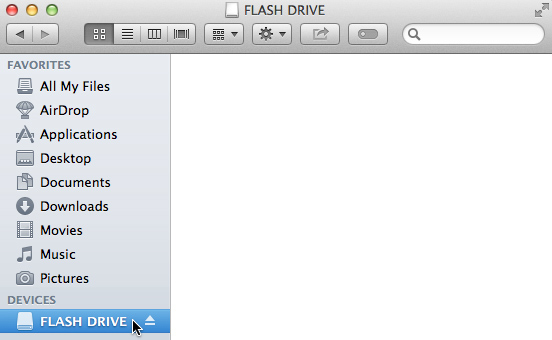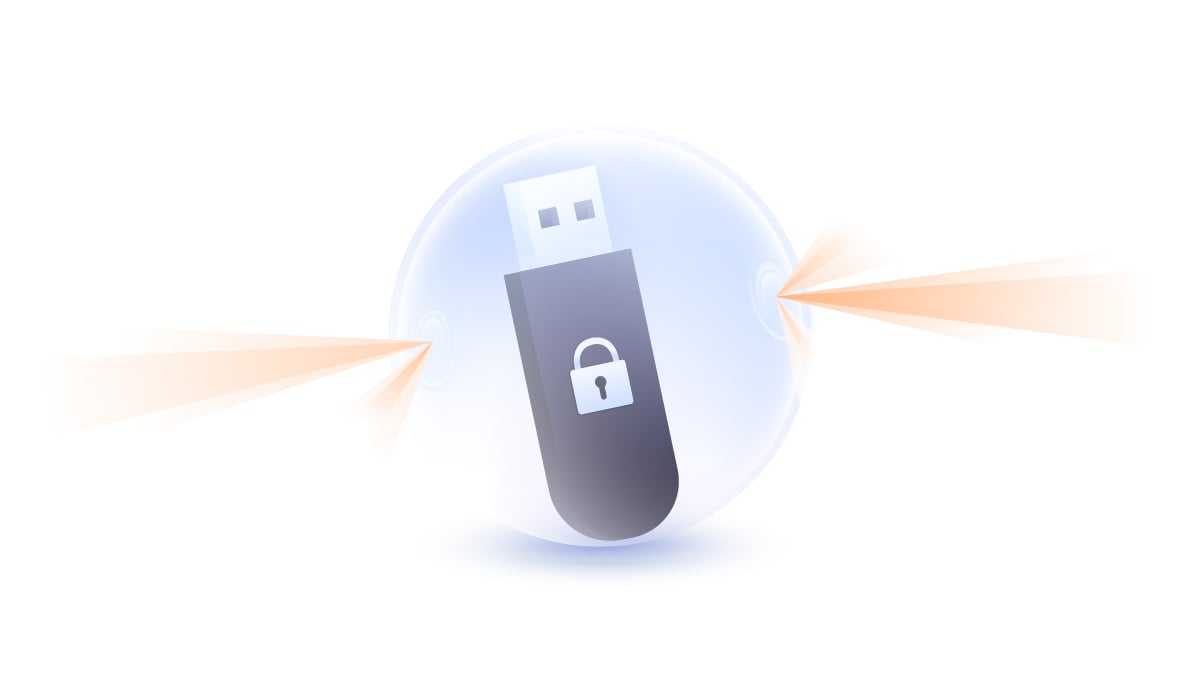

Unfortunately, these two file systems are not suitable for flash drives because of their limited support.

This proprietary file system was introduced in 1993, and it supports metadata and advanced data structures to improve performance, additional extensions for improved security, and file system journaling. Microsoft has also developed their file system for Windows, NTFS. It was developed by Apple and first introduced in macOS 10.13 as an improved new file system with notable features such as, stronger encryption, space sharing, and fast directory sizing to name a few. The main file system of macOS is Apple File System also known as APFS. MacOS and Windows support different file systems. Once the formatting process is finished, you should be able to transfer files to the newly formatted flash drive. Depending on the size and speed of your flash drive, it may take a minute or two.
#READ MAC FILES ON PC THUMBDRIVE SERIAL#
At the bottom of the main window are storage device details, including disk description, connection type, USB serial number, total capacity, write status, S.M.A.R.T. The application will appear on the screen, and you will see the main window, with a list of available storage devices on the left and various disk management options on the right.

Your Mac computer comes with a handy utility appropriately called Disk Utility, which can be used to format any storage device.
#READ MAC FILES ON PC THUMBDRIVE MAC OS X#
In this article, we are taking a closer look at the Disk Utility, which comes with all recent versions of the Mac OS X operating system, and how you can use it to format a USB drive on a Mac. Some flash drives have to be formatted first before you can store files on them. Not every flash drive out there can be used with a Mac computer right out of the box.


 0 kommentar(er)
0 kommentar(er)
